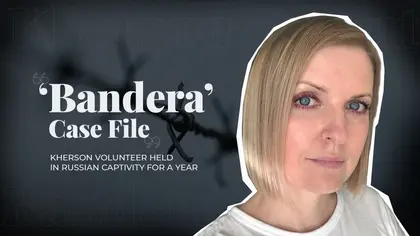The Russians have held Iryna Horobtsova, an activist and volunteer from Kherson, captive for almost a year without being charged. After the city had been occupied, she bought food and medicines, delivered them to hospitals, and helped collect funds for medical care and transport for the residents of Kherson.
JOIN US ON TELEGRAM
Follow our coverage of the war on the @Kyivpost_official.
On social networks, Ira actively supported the state authorities and the Armed Forces of Ukraine and described life under occupation. Last year, on May 11, she wrote a post demanding the release of the Azov regiment fighters blocked off at the plant in Mariupol. Two days later, the occupiers abducted Ira from the apartment where she lived with her parents.
The 73-year-old parents of Iryna Horobtsova - Volodymyr Andriyovych and Tetiana Volodymyrivna - have been fighting for their daughter’s freedom all this time. A short phone conversation with Ira and several letters sent through cellmates - that is all the news from their child for nearly a year.
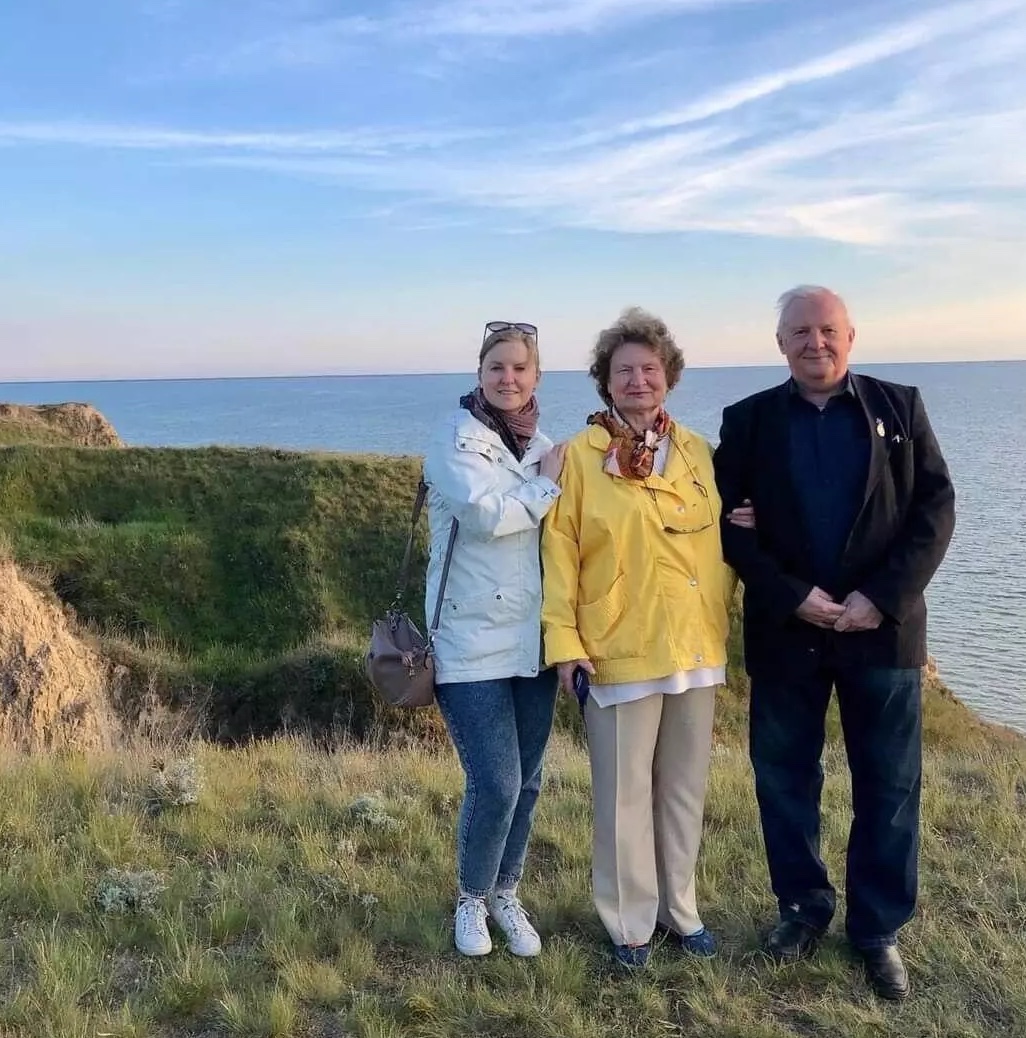
Photo from open sources.
In a conversation with Kyiv Post, Tetiana Volodymyrivna describes Ira as an extremely active and capable girl. Horobtsova has two higher education degrees and was getting a third - studying to become a psychologist while working as a tester at the IT company DataArt.
For several years, the girl was engaged in swimming and played drums and guitar. Ira loves to travel very much - with her ex-husband, she traveled all over the world, including Europe, Canada, the US, India, Sri Lanka, and the United Arab Emirates.

Zelensky Meets CIA Director William Burns in Ukraine
Tetiana Horobtsova proudly notes that when the city became occupied, her daughter and her friends immediately started volunteering.
"They spent their money on bandages, painkillers, antiseptics for hospitals. There they found out that there were not enough doctors as transport stopped working, it was very difficult for doctors to get there," recalls Tetiana Volodymyrivna.
"At the same time, another problem arose - there was no fuel, while Ira refueled her car just before the Russian invasion. They called her and asked her to take the doctor home, to an operation or on duty. She also delivered medicines to urgent patients. I tried not to let her go around the region alone and traveled with her. Maybe she was driving without me – maybe she spared me."
Every Sunday, the Horobtsov family went to rallies against the Russian occupiers with posters and flags. Since public transportation was not working, Ira drove her parents by car.
Detention: "This is my country, not yours!"
The Russians occupied Kherson in a few days. However, Ira's parents immediately decided that they would not leave the city.
"Ira has a separate apartment, but in order not to leave us alone she moved in with us, and we began to live together. It was very difficult: standing in line for 12 hours for potatoes, vegetables, and bread. There was no bread, no edible oil – nothing, pharmacies were not working," says Tetiana Volodymyrivna.
"Yes, Ukraine transferred money to our card. But how to withdraw it? The banks left the occupied territory. We lived only on cash. Iryna helped us a lot – they have good salaries in her company."
The balcony of the Horobtsovs’ apartment overlooks Chornobayivka. Binoculars have been lying there for a long time, because the family liked to admire sunsets and the blossoming of rapeseed fields, tulips, and apricots.
"The whole of Chornobayivka is before our eyes... We often went out and watched the fields burning when our troops shot,” sighs Iryna's mother. “We would go out and see - there is a fire there, and we’d look through the binoculars – a corpse is burning. We had the whole war in front of our eyes."
On May 13, 2022, the family was supposed to celebrate Ira's birthday. Tetiana Volodymyrivna set the table and then went to her daughter on the balcony.
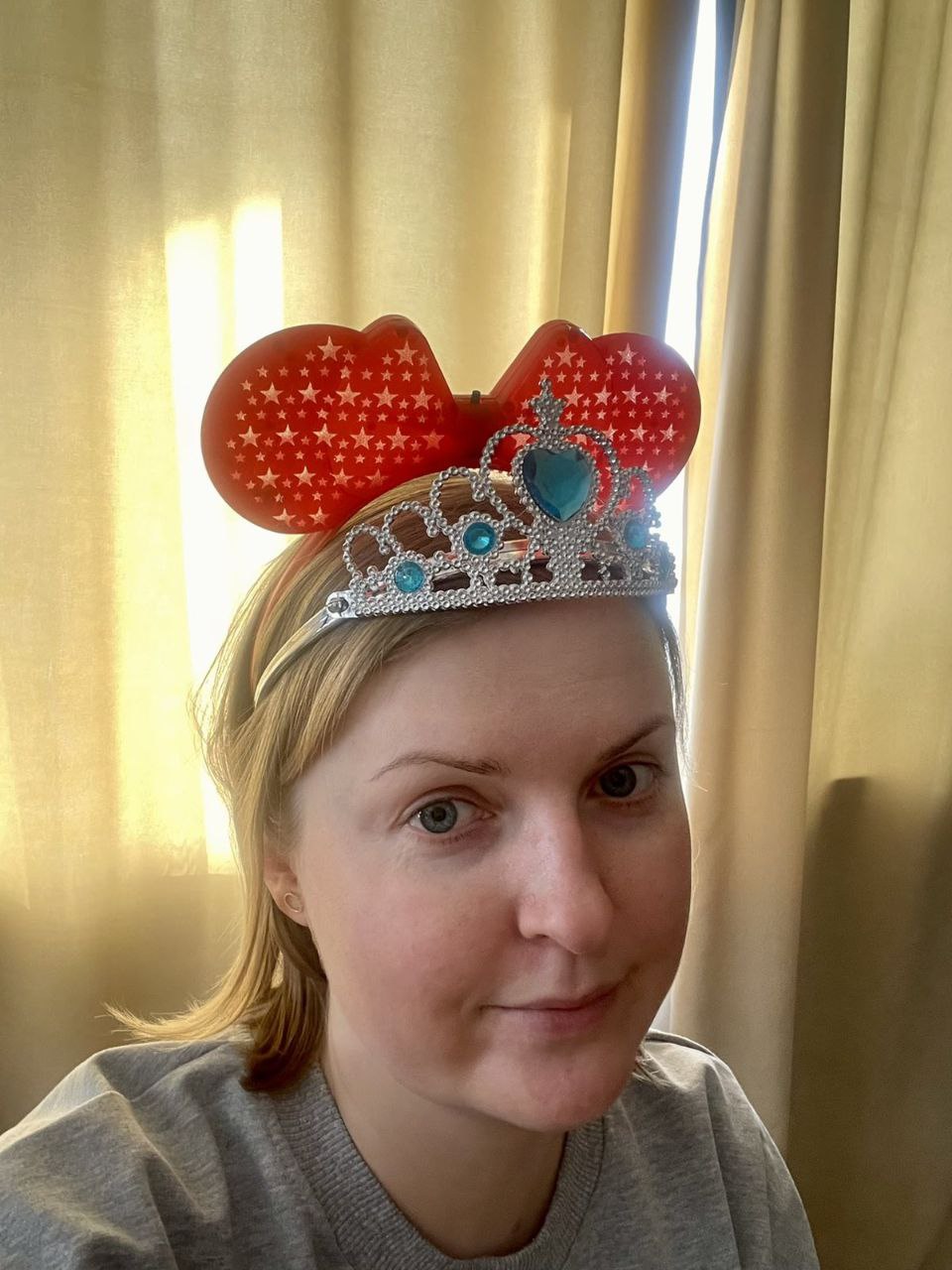
Photo from the family archive, provided by Horobtsova's parents.
"She was talking to someone on the phone. Suddenly the doorbell rang. She was scared stiff," recalls Tetiana Horobtsova.
"At that very moment, she was looking at the yard, saw a car pulling up, and armed men getting out of it and going to our entrance. She said, 'Mom, they’ve come for me.'"
Tetiana Volodymyrivna went to open the door and through the peephole saw six people in camouflage uniforms and masks with automatic weapons. They demanded we open the door, otherwise, they threatened to break it down.
"My arms and legs were shaking. I opened the door. A short officer immediately rushed to Ira, and she had a Ukrainian flag on the TV. When he saw this flag, he shouted, 'Here, here, here!' I say, 'What is here? This is the flag of Ukraine – our country.'" says Ira's mother.
"They found the binoculars, grabbed her phone. She did not deny anything. Then Dad came and heard her being interrogated: 'Yes, I am a patriot of Ukraine. Yes, I do not want you here, I’m totally against your war, we don’t kill - you kill! This is my country, not yours!'"
Iryna Horobtsova was taken from the apartment in a shirt and pajama pants, not being allowed to take any belongings with her. Five more occupiers were waiting for Ira downstairs, near the entrance.
People who were in the yard at that moment later told Tetiana Volodymyrivna: "You have such a brave daughter. She didn't cry, she wasn't afraid, she walked with her head held high."
The case under the "B" stamp, which means "banderivka"
At first, the volunteer was put in the Kherson pretrial detention center, where her acquaintance Dmytro worked. A few days after her abduction, the phone rang in the Horobtsovs' apartment at night. Ira's voice rang out in the receiver, "Mom, I'm fine, don't worry, they'll let me go."
"Dmytro was on the shift and allowed her to call," Tetiana Volodymyrivna recalls.
"He told us, 'She should not behave the way she behaves. After the interrogation, she says "Glory to Ukraine!" Her case is under the "B" stamp, which means "banderivka." It won't work like that – if she behaves like this, she will sit here for a long time."
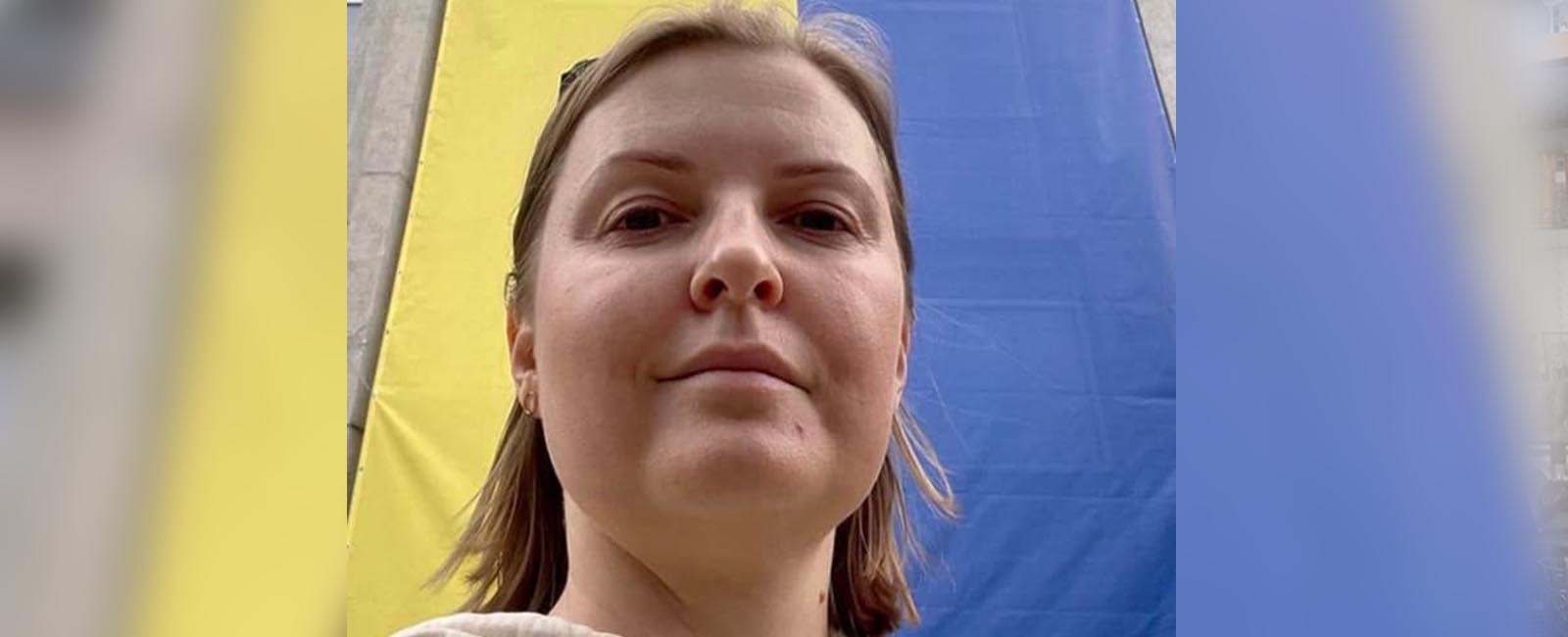
Photo from open sources.
Ira’s parents searched for their daughter in Kherson for three long months, not knowing whether she was alive. In the end, the Horobtsovs found out where their daughter was being kept. However, when they arrived there, the Russian officer reported that Ira had already been taken to Crimea.
Volodymyr Andriyovych and Tetiana Volodymyrivna began preparing to go to Simferopol, temporarily occupied by Russia. Iryna's father wrote a request to the office of the Federal Security Service (FSB) of the Russian Federation in Crimea.
Before the trip, he received the official answer, "This person is in a safe place, there is no threat to her life or health. She was hindering the 'special military operation' and will be detained until the end of the 'special operation' for the liberation of Donetsk, Luhansk regions, and Ukraine." However, no one accepted the volunteer's parents in Simferopol.
"My husband and I went to the FSB office in Crimea each day for five days. No one would accept us, they said to come tomorrow, then in two hours," says Tetiana Volodymyrivna.
"I cried, I begged, I said that we were sick people. Dad is a cancer patient - in 2021, he underwent an operation to remove the tumor. I’m a stroke survivor, in a pre-stroke condition again, I might have a second stroke and I don't know whether I'll survive it. They didn't let us in, they didn't even open the door. They only talked to us on the phone."
Since the abduction, the volunteer’s family and friends have appealed to Ukraine’s Minister of Reintegration of the Temporarily Occupied Territories Iryna Vereshchuk, Verkhovna Rada Commissioner for Human Rights Dmytro Lubinets, the International Committee of the Red Cross, the United Nations, and the European Court of Human Rights.
Moreover, Horobtsova’s father wrote letters to Russian President Vladimir Putin, Russian Ombudswoman for Human Rights Tatyana Moskalkova, and the Crimean and Moscow departments of the FSB.
Iryna suffers from headaches - she was diagnosed with an aneurysm. In their letters to human rights defenders, the parents call special attention to their daughter's illness.
According to Tetiana Horobtsova, Iryna was not on the exchange list for three months. The girl’s parents and friends demanded that she be included in the POW lists. After the appointment of Lubinets as an ombudsman, Iryna Horobtsova finally was included in the prisoner exchange list.
In Crimea, she was alone in a cell for three months. Later, she shared the cell with other women. One of the released cellmates - Viktoria - called her parents and said that Iryna was fine, very optimistic, and believed that Ukraine would win. Daryna - another cellmate of Ira - came out with a letter from the girl.
In the letter, Horobtsova listed out necessary things, including earplugs. According to Daryna, the men are probably being tortured there, because men’s screams were constantly heard in their cell. Another cellmate of the volunteer handed the letter over to her friend abroad. In it, Horobtsova promised that she would not be broken.
Colleagues found a lawyer for Ira - Crimean citizen Emil Kurbedinov. However, the occupiers never allowed him to visit the captured girl.
"We do not know how she is now. After she had been taken to Crimea, there was not a single call, only these official answers. The lawyer is not allowed to see her. Nothing can be taken to her. Nothing is possible..." says Tetiana Volodymyrivna.
"The lawyer appealed to the ECHR - the answer came from there, 'Release her immediately, she is a civilian, she could not interfere.' Well, what about them? They don't care."
Almost a year has passed since Ira’s detention in Kherson, but she has not yet been charged. According to her parents, now Iryna is in pretrial detention center № 2 in Simferopol.
More than three weeks ago, a group of the International Committee of the Red Cross visited the center and demanded to see Iryna, saying that the girl had an aneurysm and needed help.
However, the group was not allowed in. The Russians said that there can’t be any volunteers in their pretrial detention center.
"I don't know why. Maybe she is in a bad condition... Usually, the Red Cross is allowed in, but they were not allowed this time. After that, the lawyer called us and said that she was most likely there," Iryna's mother notes.
Tetiana Volodymyrivna emphasizes that she is very grateful to her daughter’s employers for their support and help in the struggle: "I am very grateful to DataArt: they helped us with a lawyer, send us money, Iryna was not fired from her job. They worry about her. And I also thank all the journalists."
There are even more civilians than soldiers in Russian captivity
Arkadiy Dovzhenko, an activist from Kherson and active participant in last year’s protests, in a comment to Kyiv Post points out that Iryna's case illustrates a global problem because there are many more civilians in Russian captivity than military personnel.
"This is a figure that is hard to imagine. The question of how to free them is open. In fact, during that year, only a few adults were released, and during this year - a couple of dozen children. It is about the slow death of tens of thousands of our citizens in captivity," Dovzhenko says.
According to the activist, as of June last year, at least one member of each family has been taken prisoner or held in captivity in Kherson. Arkadiy was held captive by the Russians for a week. The occupiers tortured Dovzhenko - they broke his ribs and his knee.
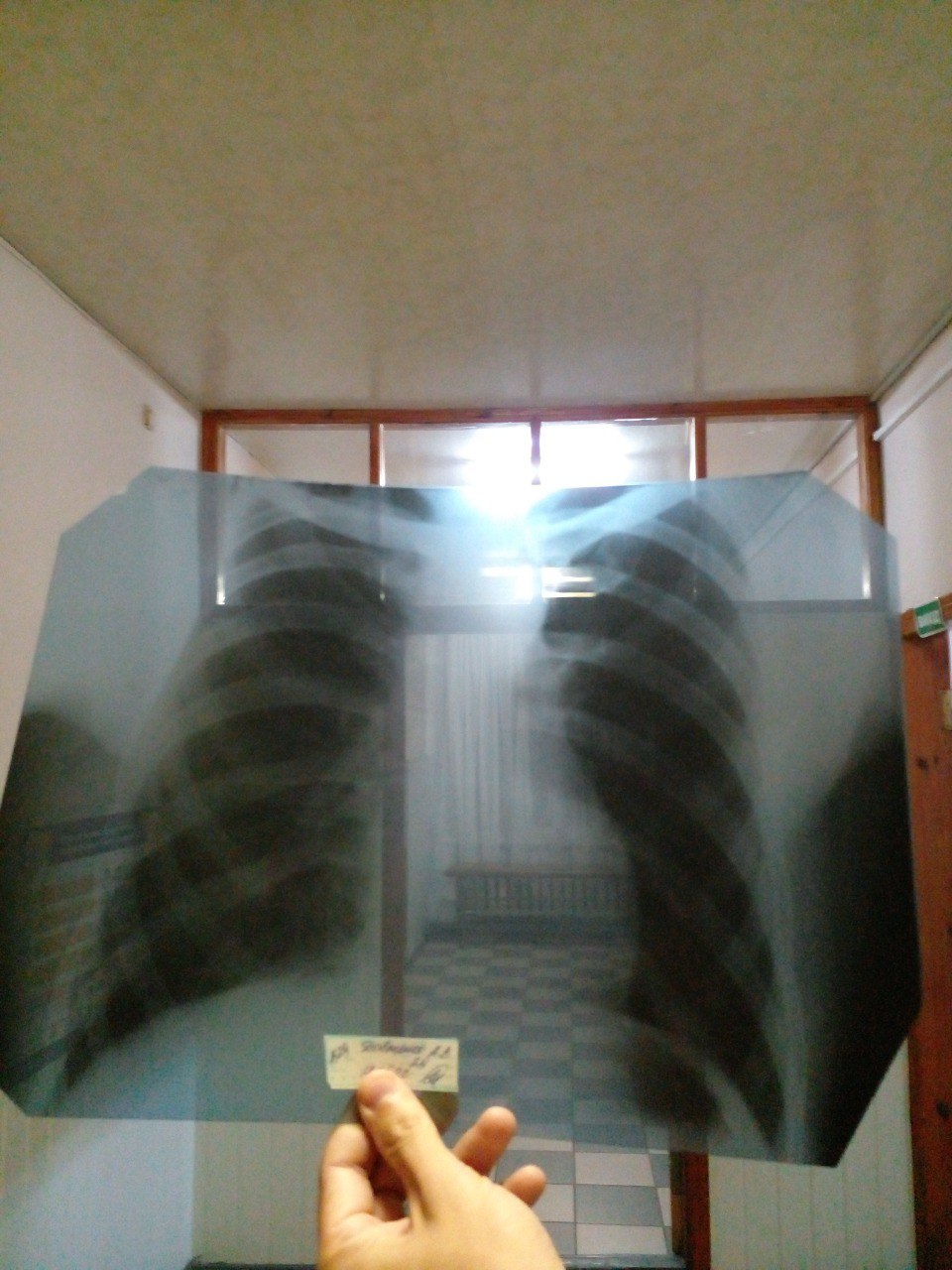
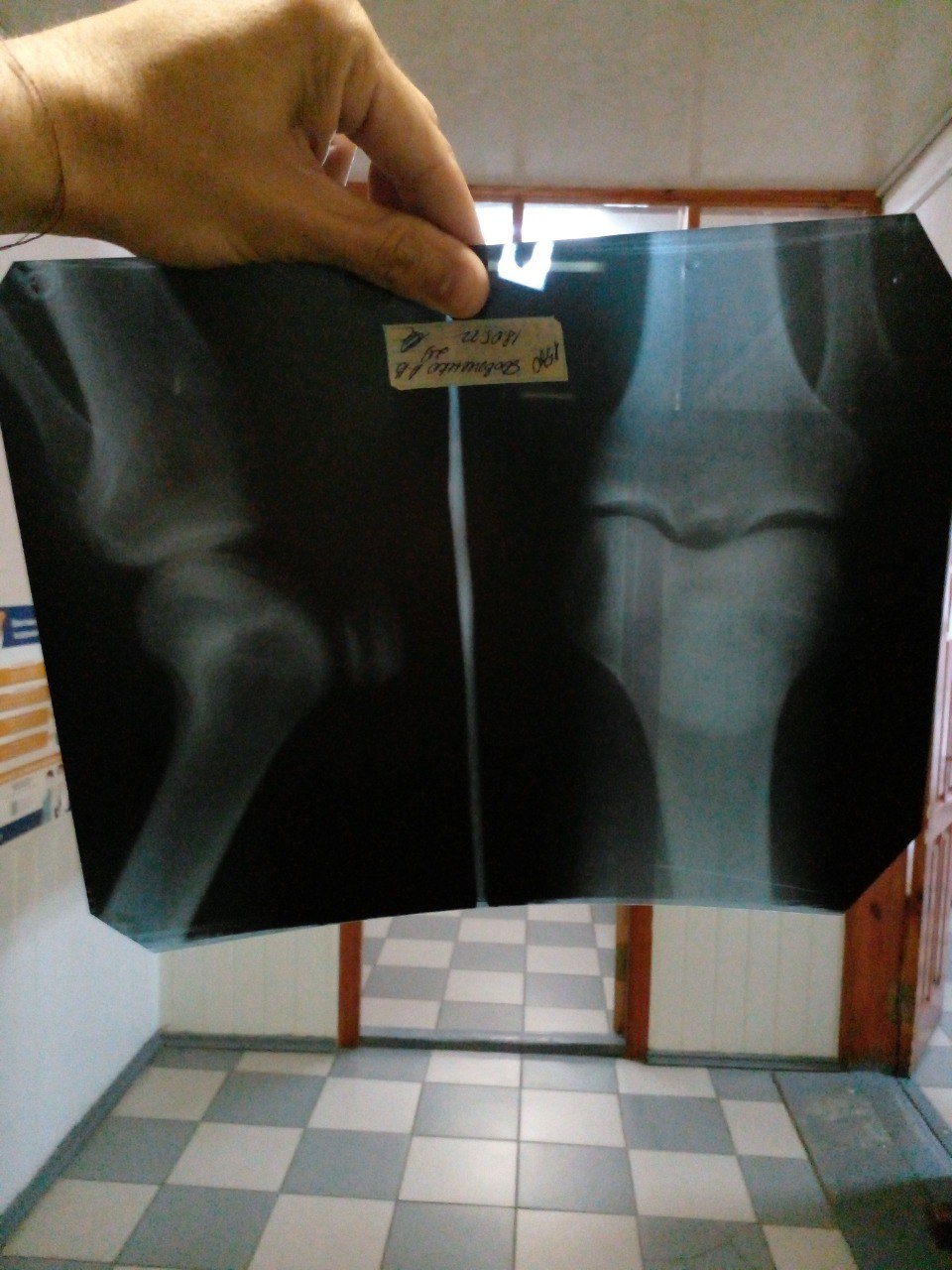
Photos of X-rays provided by Arkadiy Dovzhenko.
"I read the news in which our journalists wrote about the number of people who were captured on the same day when I was. The detention of about three persons was captured on video," says Dovzhenko.
"The basement they brought me to resembled a subway car during rush hour. The Russians hold many civilians in captivity, and there is no information about most of them. The data provided by the police is meager. Multiply the official number of prisoners by 30 and you wouldn't be wrong. Not every person has someone who can remember, look for, or report about the captive".
"They are common people like you and me..." he says. "The question hangs in the air because it is right to exchange soldiers. And what about civilians?"
According to Dmytro Lubinets, today the issue of returning civilian hostages from Russian captivity is the most problematic, since, according to the Geneva Conventions, civilians cannot be captured.
"Russia violates all the norms of international humanitarian law, the Geneva Conventions and refuses to release Ukrainian citizens, but the state authorities are working to find such mechanisms, about which the relatives of the captives were informed," the Verkhovna Rada Commissioner for Human Rights said on Telegram.
"Lubinets told us, 'We can't help but engage because a lot of our people are in Russian captivity. I have about 20,000 applications.' This is Lubinets' official answer," says Tetiana Horobtsova. "And how much unofficially? We probably would have to triple the figure."
Arkadiy Dovzhenko says that the only mechanism for the return of civilians from Russian captivity is publicity.
"I investigated successful cases of release from captivity through the exchange. There it's all just because of publicity... We don’t have enough time because Russian captivity is like Buchenwald and Auschwitz," Dovzhenko emphasized.
According to the Ministry of Reintegration, as of the end of February 2023, some 950 civilians were being held in captivity in the temporarily occupied territory of Ukraine and Russia. Representatives of NGO Civilians in Captivity drew up their own list, which contains approximately the same number of people. However, it is not known to what extent the lists coincide because the state information is not available.
You can also highlight the text and press Ctrl + Enter


